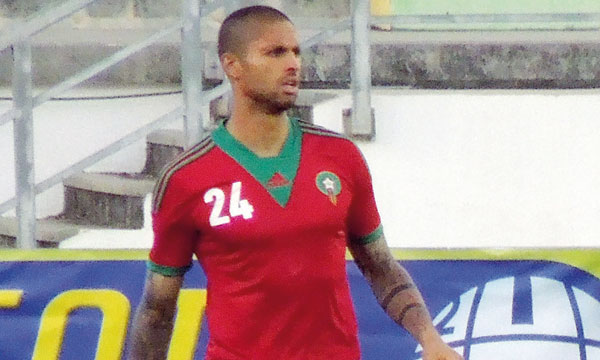Eric Chelle’s arrival as head coach of Nigeria’s national football team has sparked debate, with many questioning the decision to appoint a relatively low-profile figure to lead the Super Eagles.
The former Mali international, who previously guided his home nation to the semi-finals of the Africa Cup of Nations, now faces the challenge of proving himself in one of Africa’s most demanding football environments.
Chelle’s appointment in January was met with skepticism, given his modest playing career in France and limited managerial experience.
Some have drawn comparisons to Clemens Westerhof, the Dutch coach who, despite an unremarkable resume upon arrival, revolutionized Nigerian football in the early 1990s.
Since taking charge, Chelle has wasted no time in implementing his vision. He has committed to living in Nigeria, regularly attending local league matches and actively scouting homegrown talent for potential national team inclusion.
His hands-on approach signals an intent to build a squad that blends experience with emerging talent.
Recently, Chelle attended a private dinner with Nigerian football stakeholders, where he engaged in discussions about his plans for the team.
Attendees noted his willingness to listen, exchange ideas, and outline his philosophy for the Super Eagles’ future.
Despite his ambitions, the 46-year-old faces significant hurdles. Reports indicate that he has yet to receive his salary since taking the job, raising concerns about the financial stability of his tenure.
Meanwhile, his latest squad selection for the upcoming World Cup qualifiers has introduced new faces alongside familiar names, as he looks to refine his team ahead of crucial matches.
With Nigeria’s qualification campaign hanging in the balance, the pressure is on for Chelle to deliver results. His tenure remains a gamble—either a masterstroke in bold decision-making or a misstep in the Super Eagles’ quest for success.












